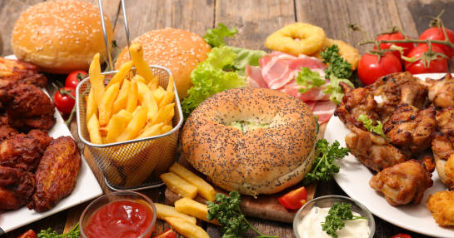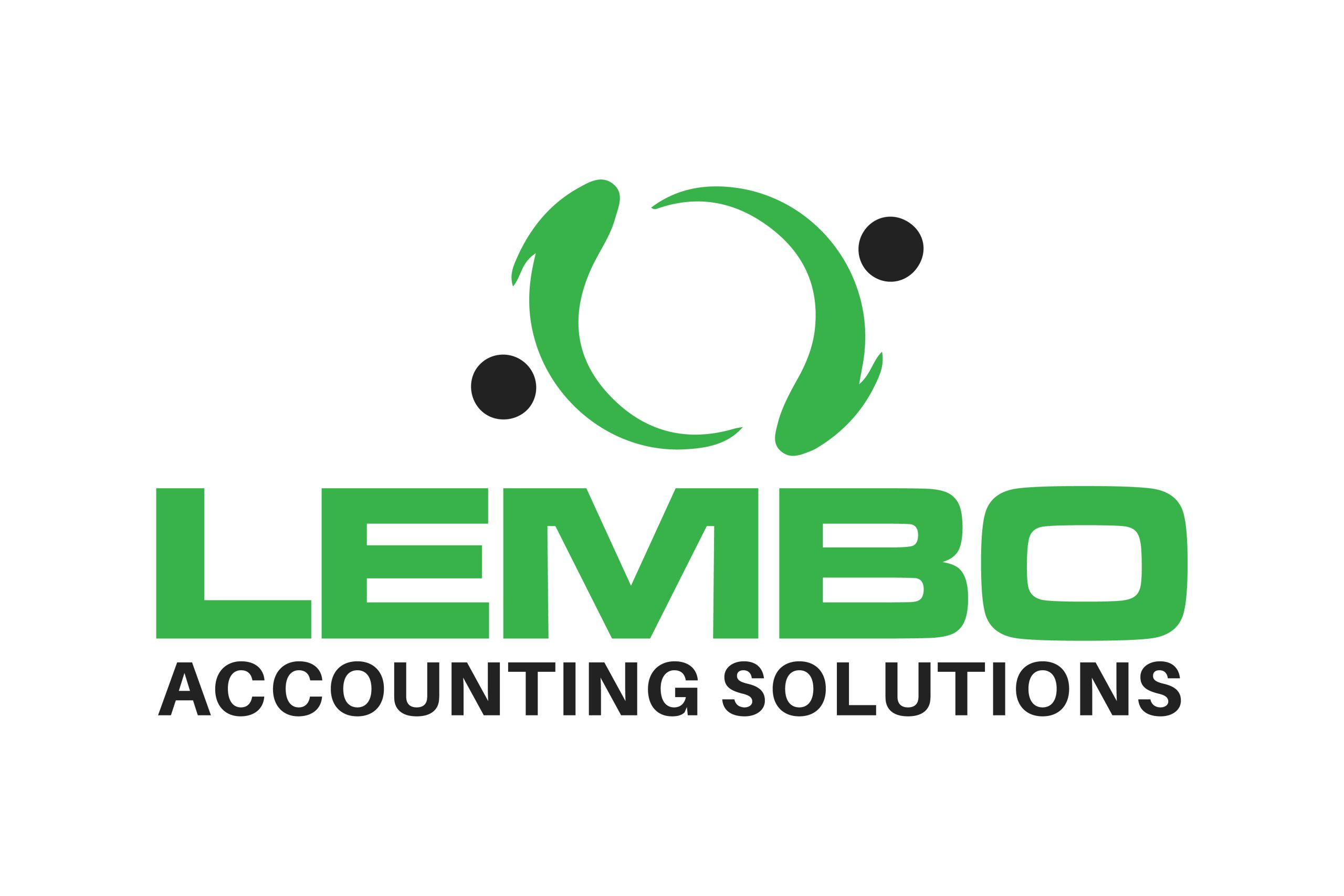Are Your Business Meals an Audit Time Bomb? Here’s the Scary Truth for 2025
As a business owner, claiming deductions is crucial for minimizing your tax burden. But there’s one common mistake that sends shivers down an accountant’s spine: expensing personal meals. Many business owners are inadvertently playing fast and loose with the rules, potentially setting themselves up for a serious audit from the IRS.
It’s time to break down the scary truth about what meals you can and cannot expense through your business under the current 2025 tax code.
Why Your Daily Lunch Is NOT a Business Expense
Here’s the simple explanation the IRS uses: You have to eat to live. That basic necessity is a personal living expense, not a business expense.
The IRS only allows deductions for costs that are genuinely “ordinary and necessary” for your trade or business—costs that are extra or different because you are conducting business. The daily meal you would have eaten anyway, whether at home, at your desk, or a local cafe, does not qualify.
The Litmus Test: Allowed vs. Not Allowed
For a meal expense to be legitimate in 2025, it must meet specific criteria:
- Ordinary and Necessary: The expense must be common and accepted in your industry and appropriate for your business activity.
- Not Lavish or Extravagant: The cost must be reasonable given the circumstances.
- Business Connection: A business owner or employee must be present, and the meal must be provided to a current or potential business associate (like a client, vendor, or customer) with a clear, specific business purpose discussed during or immediately before/after the meal.
Generally Allowed (50% Deductible):
- ✅ Lunch with a client: Discussing a new contract over lunch is generally 50% deductible.
- ✅ Meals during business travel: If you’re on an overnight business trip away from your normal work area, meals are generally 50% deductible.
- ✅ Employee meetings: Meals provided during a business meeting with employees to discuss company matters are generally 50% deductible.
- ✅ Office snacks/coffee: As a de minimis fringe benefit, these are 50% deductible through the end of 2025 (they become 0% in 2026).
100% Deductible Exceptions:
- ⭐ Company-wide parties/picnics: Expenses for recreation/social activities primarily for the benefit of all non-highly compensated employees are 100% deductible.
- ⭐ Meals made available to the public: Food provided at a public promotional event is fully deductible.
Strictly Not Allowed (0% Deductible):
- ❌ Your solo lunch at your desk: Personal living expense.
- ❌ Dinner at home while working late: Still a personal meal.
- ❌ Entertainment expenses: Taking a client to a sports game is generally not deductible (though itemized food and beverage costs at the event might be 50% if properly documented).
Does My Business Entity Type Matter?
The core rules and limitations (primarily the 50% rule) apply equally across all business structures: Sole Proprietorships, S Corporations, C Corporations, and Partnerships.
- Sole proprietors report these expenses on IRS Schedule C.
- Corporations and Partnerships report them on their specific business tax forms.
The key across all entities is meticulous record-keeping. To survive an audit, you need more than just a receipt. You must have a written log detailing who you met with, the date, the location, and the specific business purpose of the discussion.
Stay Compliant and Audit-Proof Your Books
Don’t let aggressive meal deductions turn into an audit nightmare. Follow the rules, document everything, and keep your business safe.



